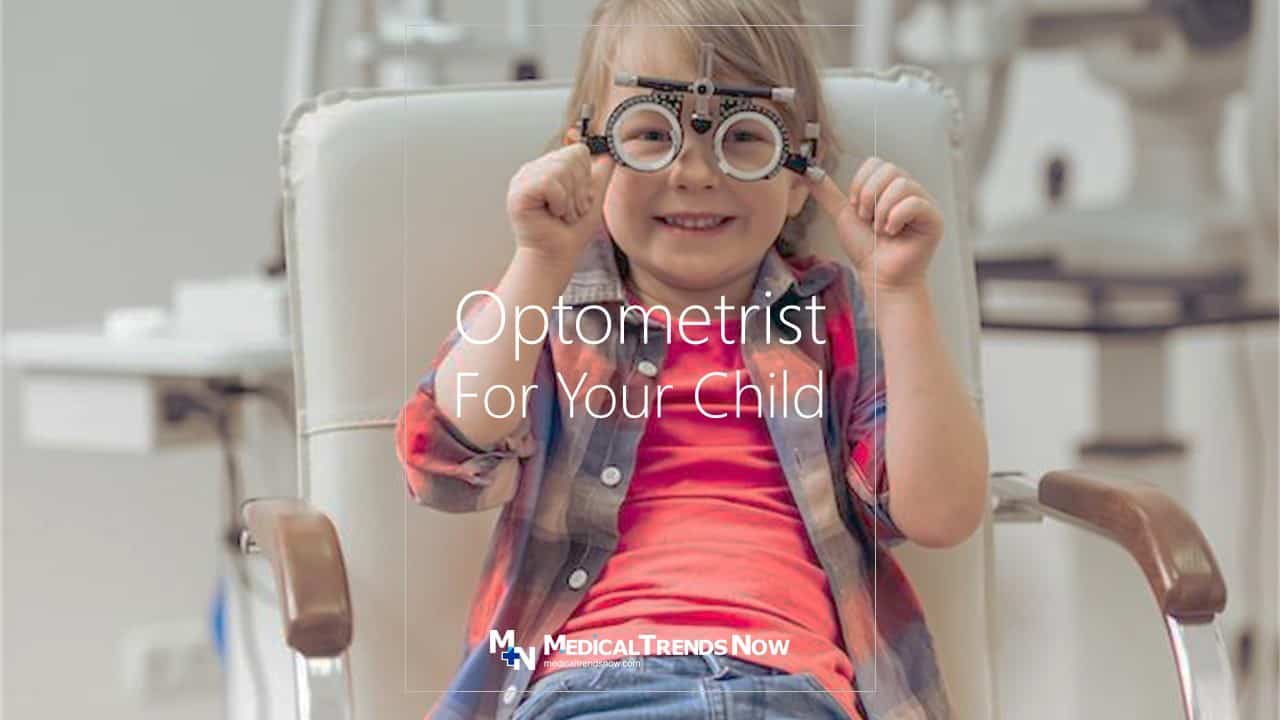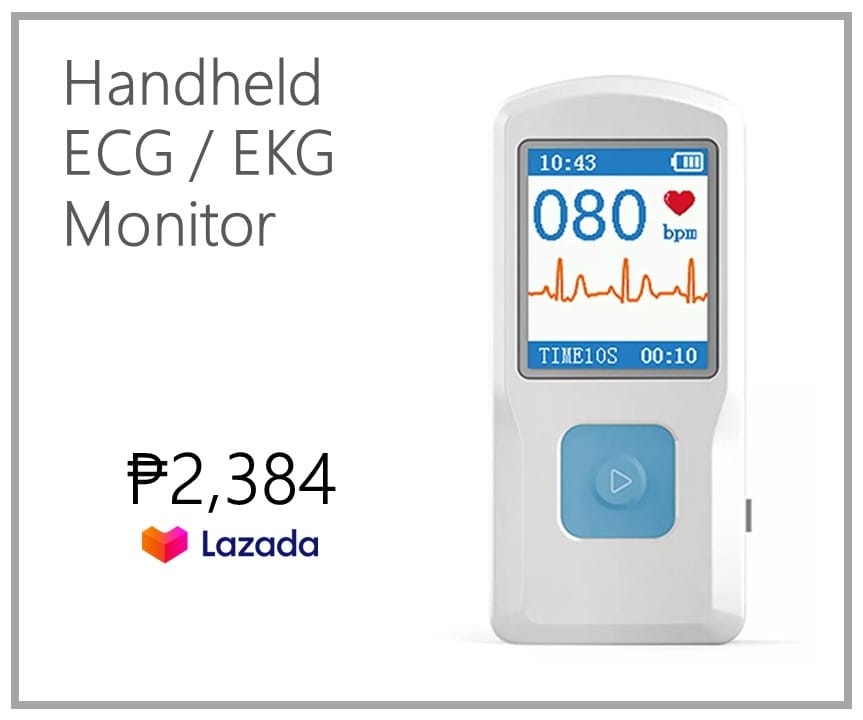Table of Contents
Looking for the best optometrist for your child? Here are tips that may help you decide. But first, let us be clear on two things: An optometrist is not a doctor. An optometrist is an occupation that falls within the medical field. Second, an optometrist is not a pediatrician. A pediatrician is a medical doctor who specializes in caring for children.
Now that we have those things straight, we will explore the many facets of eye care for your child. We will First, we will define the roles of optometrists, ophthalmologists, opticians, and pediatricians because these are four medical titles that have varying functions in medical and eye care. An eye clinic may have an optometrist, ophthalmologist, and optician with varying functions and scope for your child.
The Difference Between Optometrist, Optician, Ophthalmologist, and Pediatrician
So what are the differences between the four? As a parent, you need first to distinguish these four medical professionals and identify which one of them is medically suitable for your child’s care.
What is an Optometrist?
Optometrists are not medical doctors. Optometrists are eye care professionals who are trained in the diagnosis and treatment of vision problems.
Optometrists are healthcare professionals who provide primary vision care, including sight testing and correction, diagnosis, treatment, and management of vision changes. They typically work in clinics or hospitals. An optometrist is the primary health care provider for routine eye care.
What is an Optician?
An optician is not a doctor, but a professional who provides eye care for people of all ages. Opticians typically work in optical stores, hospitals, and other healthcare settings. An optician is a professional who helps people with vision problems by providing eye exams, eyeglasses, and other vision care.
They may also offer advice on how to improve your vision. They prescribe eyeglasses and contacts, and provide other services related to vision.
What is an Ophthalmologist?
An ophthalmologist is a medical doctor who specializes in eye care. They are responsible for diagnosing and treating eye diseases and injuries.
Ophthalmologists also offer treatments for vision problems, such as glasses and contacts.
Ophthalmologists have a much bigger scope of responsibilities compared to optometrists and opticians.
What is a Pediatrician?
A pediatrician is a doctor who specializes in care for children. They typically have additional training in child development and Pediatrics, which means they are experts in the health and development of infants, toddlers, preschoolers, and school-aged children.
Pediatricians are often the first point of contact for parents when their child is having trouble with their health or when they need to be seen for an illness.
Pediatricians may treat a wide range of health issues, from common colds to serious medical conditions. Pediatricians are often the first people children see when they have a health problem.
Does your child need an Optometrist, Ophthalmologist, Optician, or Pediatrician?
If you are looking for an eye doctor for your child, there are a few things to consider. Your child may need an optometrist, ophthalmologist, optician, or pediatrician. Each type of doctor has different qualifications and may have different opinions about what is best for your child. It is important to talk to each of these doctors and get their recommendations so that you can make the best decision for your children.
Since this article is about choosing the right optometrist for your child, we will focus on optometry. We presume that you, as a parent already did your homework about your child’s medical condition and currently selecting the best optometrist for your child.
Here are 16 tips to help you choose the right optometrist for your child
When it comes to choosing an optometrist for your child, there are a few things you need to take into consideration. Not all optometrists are created equal, and you want to make sure you are choosing the right one for your child.
Here are 16 tips to help you make the right decision:
Talk to your pediatrician about your child’s eye health and vision needs
When it comes to your child’s eye health and vision needs, you should always talk to your pediatrician. Pediatricians are experts in child health and can help you make the best decisions for your child’s overall well-being. Your pediatrician can provide you with a list of qualified optometrists in your area.
They can also provide you with information about the different types of guidance on how to choose the right optometrist for your child.
Ask around to see if anyone you know has used an optometrist before and can recommend one
Some parents may feel hesitant to choose an optometrist for their child because they do not know anyone who has used one before. It is important to ask around to see if anyone you know has used an optometrist before and can recommend one. There are many great optometrists in the community and it is worth checking out a few before making a decision.
Ask for recommendations from friends and family.
What is the optometrist’s experience?
When choosing an optometrist for your child, it is important to consider the optometrist’s experience. An experienced optometrist will be able to provide comprehensive eye care for your child, including diagnosing and managing eye health issues. Additionally, an experienced optometrist will be familiar with the latest technologies and equipment available in the field.
Many optometrists have years of experience working with children and can provide a level of care that is tailored specifically to your child’s needs. However, not all optometrists are equally experienced in providing pediatric care. If you are looking for an optometrist who has extensive training in working with young children, make sure to ask about their qualifications. Additionally, be sure to ask how often they have provided pediatric care services and what type of patients they typically see.
What is their approach to eye care?
Many parents are unsure of how to choose the right optometrist for their child. There is no one-size-fits-all approach to eye care, so it is important to consider the optometrist’s approach to eye care before making a decision.
Some optometrists focus on providing comprehensive care for their patients, while others may be more focused on providing specific services such as prescribing glasses or contact lenses. It is important to find an optometrist who will work with your child’s individual needs and preferences.
How well do they listen to parents’ concerns?
It’s important for parents to feel comfortable discussing their children’s vision care with their optometrist. If the optometrist is not listening to parents’ concerns, it may not be a good fit for the family. Some signs that an optometrist is not LISTENING to parents include:
- Not asking questions to better understand the child’s vision health and history
- Not taking into account any other factors that may be affecting the child’s vision (such as allergies, head trauma, etc.)
- Not providing clear and concise information about what services are available and what they will cost
- Making assumptions or giving unhelpful advice without consulting with the parents
A licensed and insured optometrist for your child
When it comes to choosing an optometrist for your child, it is important to look for one who is licensed and insured.
Licensed optometrists must meet specific educational and experience requirements in order to be certified by an Optometric Association in your country of origin.
In addition, they must maintain a high level of professional ethics and practice quality optics. Finally, they must be financially secure in order to provide quality care.
Take your time when choosing an optometrist for your child
When it comes to choosing an optometrist for your child, take your time. There are many great options out there, and it can be tough to decide which one is right for your family. Talk to friends and family members who have had good experiences with their optometrists, and do your research online. There are plenty of great resources available, including websites and social media pages. Ultimately, you’ll want to find an optometrist who is knowledgeable about eye health and can provide quality care for your child.
Interview optometrists
When it comes to choosing an optometrist for your child, you want to make sure you are getting the best possible care. That means interviewing several optometrists and finding one who is a good fit for your child’s needs. Here are some tips to help you do just that:
- Make a list of the qualities you want in an optometrist. These might include experience working with children, interest in pediatric care, and a willingness to learn new techniques.
- Ask your friends and family if they have any recommendations for good optometrists in your area. You can also search online or contact the American Optometric Association (AOA) for a list of recommended optometrists in your area
Seek a second opinion
Parents often feel pressured to choose an optometrist for their child immediately after they are diagnosed with a vision problem. However, it is important to remember that a child’s vision can change over time and it is always best to seek a second opinion. There are many qualified optometrists out there who can help your child get the best possible care.
Decide on a budget
When it comes to finding the right optometrist for your child, budget is always a factor to consider. Optometrists vary in price, with some charging more than others. It’s important to find one who will work within your budget and meet the needs of your child. There are a number of things you can do to help narrow down your options and save money:
-research prices online or through a directory or review site like Yelp; -contact several optometrists in your area and ask for their rates; -ask around for recommendations from friends, family members, or professionals; -check with state boards of optometry to see if any licensed optometrists in your area have lower
Consider education and training
It is important to consider the education and training of your optometrist when choosing one for your child. Many optometrists have a four-year degree in optometry, and many have completed additional training, such as residency or fellowship programs. Some optometrists also have experience working with children, which can be helpful in selecting someone who is knowledgeable about child vision.
When it comes to choosing an optometrist for your child, it is important to consider both their education and training.
Check reviews and references of the optometrist for your child’s treatment
When looking for an optometrist for your child, it is important to do your research. First, check reviews and references to ensure that the optometrist you are considering is reputable. Second, ask around to see if anyone you know has had good experiences with this particular optometrist. Finally, make an appointment and visit the optometrist in person to get a better idea of what they can provide for your child.
Methodology of the optometrist for your child treatment
When choosing an optometrist for your child, it is important to ask about the methodology of eye care or treatment. Many optometrists use a combination of technology and manual methods to diagnose and treat vision problems. It is important to find an optometrist who uses the most up-to-date technology and methods to provide the best possible care for your child.
Health insurance coverage
When choosing an optometrist for your child, be sure to ask about the health insurance coverage the optometrist offers. Many optometrists offer discounts or free services to children covered by your health insurance plan affiliated with a school district.
Proximity to your home or child’s school
When looking for an optometrist for your child, it is important to consider proximity to your home or your child’s school. If you live in a large city, it may be easier to find an optometrist who is close by. However, if you live in a smaller town, it may be more convenient to find an optometrist who is also close to your child’s school.
Respected and well-known optometrist for your child
When it comes to finding an optometrist for your child, you want to make sure you choose one who is respected and well-known in the community. This will help ensure your child has a positive experience and that they are getting the best possible care. There are a few things to consider when looking for an optometrist: their experience, their reputation, and their patient reviews.
Conclusion: How To Choose The Right Optometrist For Your Child
Choosing the right optometrist for your child can be a daunting task. However, by following these tips, you can ensure that your child receives the best possible care. First and foremost, seek the opinion of your Pediatrician. It is important for your Pediatrician to recommend an optometrist.
There are a number of factors to consider when choosing the right optometrist for your child, including the child’s age, health, and eye condition. Your Pediatrician can determine if an ophthalmologist, optician, or optometrist is the right medical professional for your child’s condition.
By following these steps, you can be sure that your child is getting the best possible care from their optometrist.














